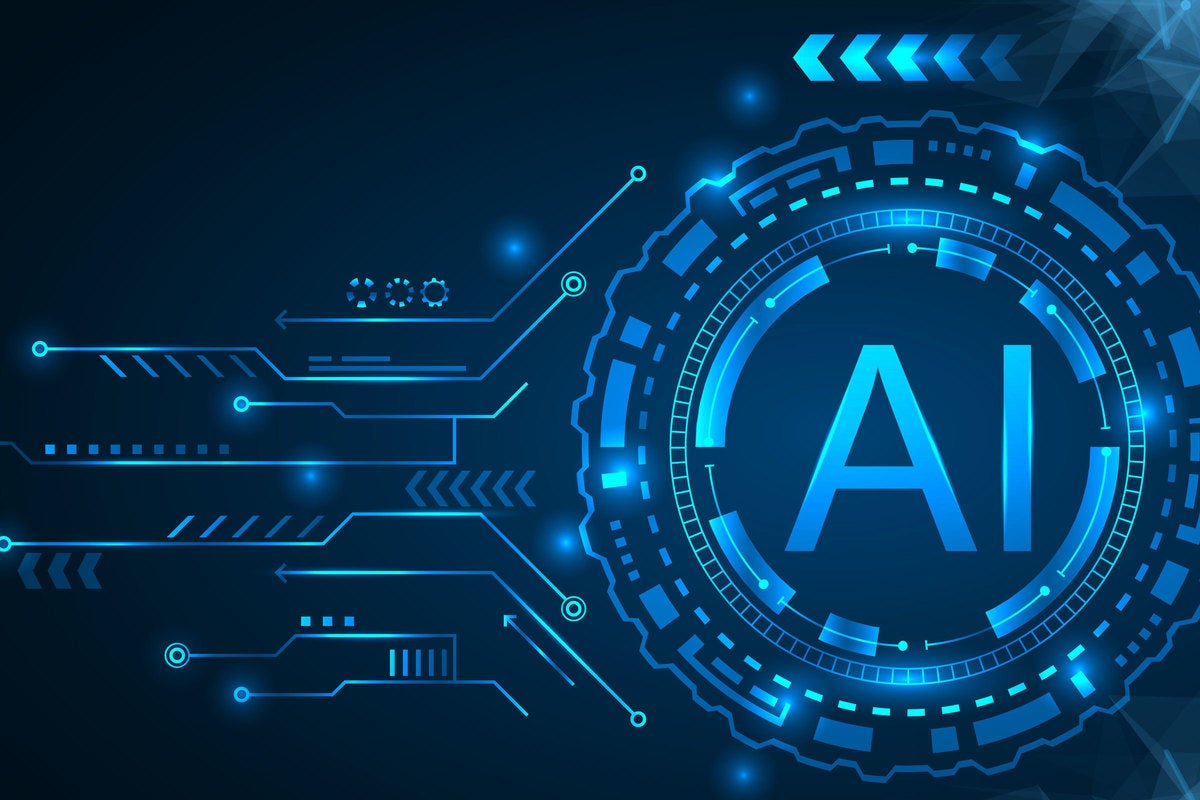
Despite the long-standing resistance of the legal industry to adopting new technology, AI is beginning to make its mark in law firms. AI can help automate routine tasks like legal research, analysis, document management, and billing. Let’s look at how AI could transform the justice system.
Improve Access to Justice
Machine learning has the potential of reducing barriers to justice, most notably the high cost of legal assistance. Lawyers can save time and reduce costs by reducing the amount of manual and routine work required. Lawyers can pass these savings to clients; for example, the research that used to take 20 hours takes only two hours. Lawyers can also save time by not having to do tedious research and help more clients. Although the benefits of AI are not yet fully realized by the legal industry, there is still splendid potential.
Better Client-Centered Experiences
Artificial intelligence is an excellent tool for lawyers and other legal professionals. AI-driven tools allow lawyers to have more time with clients and foster deeper relationships. Lawyers can do more than just help clients with their legal problems. They can spend time with their clients to know them better and understand why they require legal assistance. There are AI courses online from Great Learning which emphasize how to provide a better client-centered experience with the assistance of AI.
Your reputation will grow by being a trusted advisor who takes time to understand your clients and delivers timely and efficient service. You’ll get more clients to refer you and have better online reviews, leading to more clients for your law practice and higher revenue.
What Will AI Do To The Justice System Around The Globe?
Artificial intelligence could be the best solution to the problem of delayed justice and the increasing number of pending cases. Artificial intelligence is a possible solution for the court system, and this is only to ensure that there is no undue delay in the delivery of justice. Before a judge can give the final verdict, they must perform many tedious procedures. Judges can use AI-powered services to do these repetitive tasks, making the decision-making process more efficient and faster.
Examining the documents and studying them
Before deciding on a case, judges must read and analyze numerous documents [1]. These documents could include the FIR details, charge sheet details, facts of the case, arguments of each party, evidence, and other legal documents. Complex cases can have a lot of pleadings and evidence, which makes it challenging to analyze these documents and delays justice. Judges can use AI-powered machines to read and analyze the contents of documents.
These tools can quickly scan through both the evidence and pleadings of each party and identify the most critical parts of the documents within a matter of seconds. Microsoft already has a machine that can read and analyze a document with more incredible accuracy than a human and answer any questions. These AI-backed tools will not only save the court time but also give the judge confidence in his verdict.
Summarizing the documents
A court must make interim decisions before reaching a final decision. These include granting orders and restraining orders to provide temporary relief for the parties while the case progresses to a conclusion. These interim orders require the judge to review several legal documents in detail, which can be time-consuming.
AI summarizes the contents of documents so that judges can quickly grant interim orders. These tools can concisely list precedents so that judges can read more precedents in a shorter time. This allows the judge to quickly and accurately give his judgment. You can learn more about it in Great Learning’s AI machine learning training.
Performing different administrative functions
The judiciary has many administrative functions, besides its role as the guardian of the constitution. These administrative functions include appointing officers and staff, maintaining records, administering staff, and making citizens aware of their legal rights. Administrative functions encompass a variety of repetitive tasks that, while not enjoyable, are necessary. These repetitive tasks can be made more accessible by AI-powered machines, which will allow judges to focus on the judicial matter at hand.
Legal research
Before deciding on a verdict, judges must review various case laws and precedents before weighing the merits of each case. AI can assist judges in finding relevant case law within seconds. Different countries have developed various AI-backed online legal search services that use machine learning and natural language processing (NLP) to identify relevant precedents and extract useful information.
Predictive analysis is used to settle cases.
The judiciary faces several problems, including a lack of judges and many pending cases. Courts can use predictive analysis and visualization to present the likely outcomes of a lawsuit to the litigating party so they can settle out of court. It will save time and help parties avoid lengthy and complex trial processes.
Detecting anomalies to prevent crime
Data is essential to detect and solve criminal cases in time. Although institutions have a lot of data, they are often not structured and stored in the same place across organizations. AI can detect anomalies in all data from different institutions. NLP is a method of extracting information from unstructured data. Predictive analytics is a tool that allows crime investigators to identify and monitor trends to detect suspicious activity. AI solutions can alert law enforcement officials to possible fraud and other criminal activity, making justice more responsive and transparent with data-driven insights.
Conclusion
Artificial Intelligence, as a summary, is not a futuristic concept but a real possibility. Artificial intelligence is poised to transform numerous sectors in the world. Already, there are remarkable deployments in healthcare, finance, and transportation. It also makes considerable modifications to decision-making, risk reduction, business patterns, and system performance.
Artificial intelligence can assist lawyers and judges by speeding up various tasks during the trial and decision-making processes. If the trial and decision-making processes are simplified, the number of cases pending in the courts will decrease.



